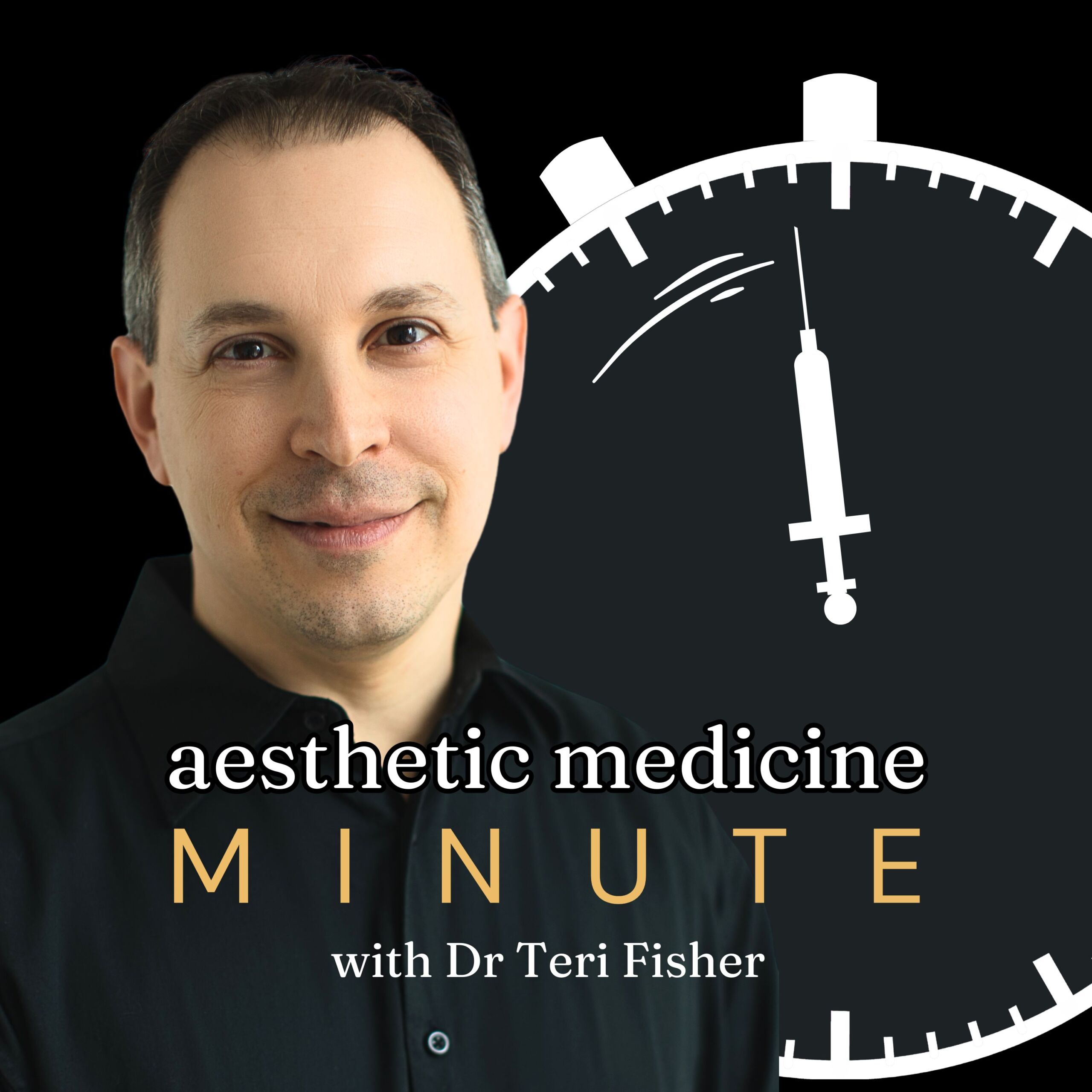
AMM 203: Botox for Bruxism: Surgeons’ Secret Weapon
September 16, 2024
This episode dives into a study from Germany on the use of botulinum toxin (Botox) for treating bruxism among oral and maxillofacial surgeons. Listeners will learn about data gathered from 107 surgeons, treatment practices, and the frequency of Botox usage in managing this condition. The discussion highlights the high confidence in Botox therapy, its combination with other treatments, and minimal side effects. The episode concludes with potential areas for further research, providing a comprehensive overview of Botox as a reliable treatment option for bruxism.
Quick Takes
- The study from Germany focused on the use of botulinum toxin (BTX or Botox) in treating bruxism among oral and maxillofacial surgeons
- On average, surgeons treated 17 bruxism patients per month, with 4 receiving BTX therapy; the most preferred treatment was Botox, especially the formulation from Allergan
- Follow-up visits were common after Botox injections, with adjustments made as needed, potentially enhancing outcomes through further research on optimal dosages and injection sites
Episode Transcript
Today is September 16, 2024, and we’re diving into an intriguing study from Germany about the use of botulinum toxin, commonly known as BTX or Botox, in treating bruxism among oral and maxillofacial surgeons. The research gathered data via a detailed online questionnaire from 107 surgeons affiliated with the German Association for Oral and Maxillofacial Surgery.
The study revealed that on average, these surgeons treat 17 patients with bruxism each month, with BTX therapy being administered to 4 of these patients. Botox, especially the formulation from Allergan, was the most preferred treatment, used by 40.79% of the participants. It’s typically injected into the masseter muscles, a common site for grinding-related muscle activity.
Interestingly, this treatment wasn’t just a one-off. Follow-up visits, primarily after four weeks, were quite common, ensuring the effectiveness and adjusting the treatment as needed. Botox injections were often combined with other therapies, such as splints and physiotherapy. Though side effects were minimal, some patients experienced a slight but non-disturbing reduction in bite force.
What’s compelling is the high level of confidence these surgeons have in the treatment. A whopping 97.37% would recommend BTX for bruxism to their peers, showcasing its reliability.
Further research could fine-tune aspects like optimal dosages and precise injection sites, possibly enhancing outcomes even more.
Feel free to reach out if you have any questions or topics you’d like to hear about next!
